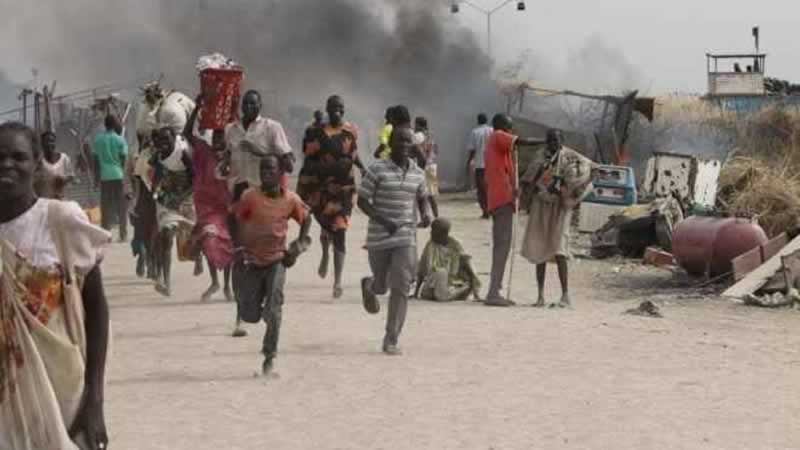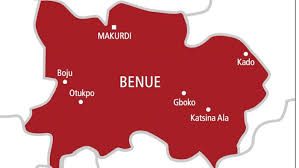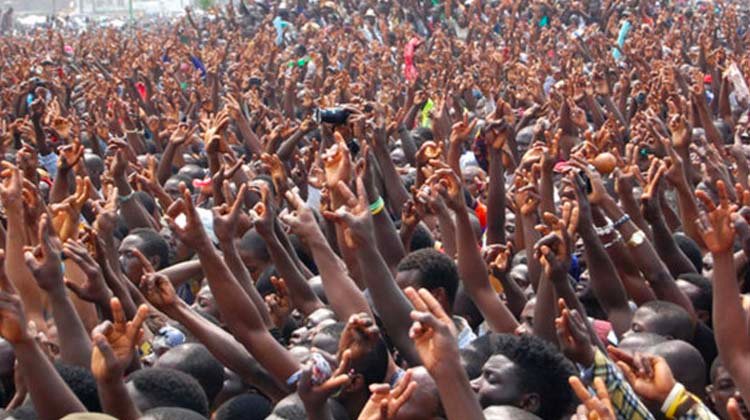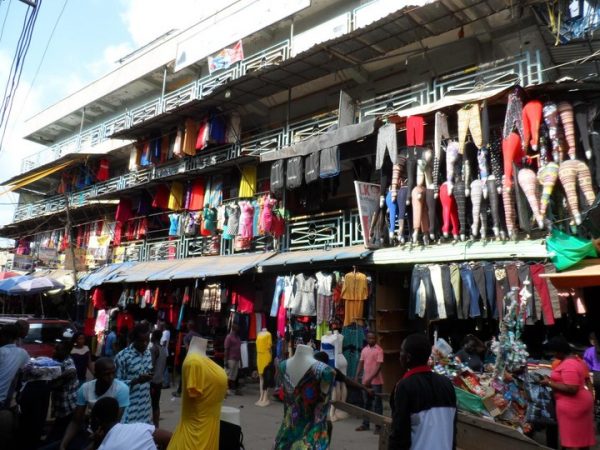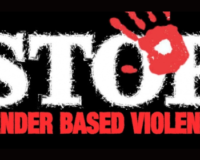Nigeria grappled with a myriad of mind-boggling security challenges in 2023. From alarming rates of kidnappings and wanton killings to the unsettling incidents of bomb blasts, the year tested the country’s already fragile security architecture. Different terrorist groups orchestrated attacks in many parts of the country, with the north being the hotspot of these attacks.
This article details some of the security incidents that unfolded throughout the year.
BOMBING
Several Nigerians were killed in bombings by terrorist groups and the military in 2023. Some Fulani herders were moving their cattle from Benue to Nasarawa State on January 24 when an explosion rocked Rukubi village on the border between the two states. The explosion, which was later suspected to be a bomb blast, killed and injured at least 50 people. That same month, the bombing of an area in the Shiroro LGA of Niger State carried out by the Nigerian Air Force led to the displacement of about 8,150 people. Members of a vigilante group were also killed in the incident.
An air strike traced to the Nigerian military left several innocent civilians dead and wounded in Kaduna State this December. The incident sparked an outrage after the military claimed the village was accidentally bombed while responding to intelligence reports on terrorist movements.
The Islamic State West African Province (ISWAP) also claimed responsibility for a bomb blast in April in Jigawa State. It marked the first known attack by ISWAP in the state. While claiming responsibility for the blast, the terror group revealed that three fatalities were recorded.
In May, Taraba State police confirmed a bomb blast at a drinking joint in Jalingo. Confirming the report on Monday, the command’s public relations officer (PPRO) Abdullahi Usman said the incident that occurred in Jika Doruwa, Jalingo metropolis, took place Sunday night.
KIDNAPPINGS
Armed terrorists kidnapped at least 25 worshippers at the New Life for All Church in Katsina State on a Sunday in January. No fewer than 24 students of the Federal University of Gusau (FUG), Zamfara State, were abducted in September. One of the students shared her terrifying ordeal with FIJ.
A Catholic priest and three other church members were abducted in Ebonyi State in July. Corps members were also abducted in the year. In March, two corps members were kidnapped in Kogi, at least five were kidnapped in Rivers State in May, one was kidnapped in Nasarawa State in August and two were abducted by bandits in Katsina State.
In November, gunmen abducted more than 100 people in the Maru LGA of Zamfara State for failing to pay levies imposed on them. About a week before this, 15 residents, including the wife of the district head of Ruwandoruwa community in the same LGA, were abducted.
The Federal Capital Territory (FCT) was not left out, as several residents were kidnapped within and on the outskirts.
WANTON KILLINGS
From femicide to extra-judicial killings and ritual killings, many Nigerians lost their lives this year. In June, soldiers killed 29-year-old Oyegwu Anasala after shooting and leaving him to bleed to death for protesting extortion in Edo State.
In July, Benjamin Best, also known as Killaboi, confessed to killing Augusta Osedion, his girlfriend. He was arrested in Sierra Leone on October 20.
Students of Federal University Oye-Ekiti (FUOYE) were distraught after Deborah Atanda, a 200-level nursing student, was found dead and buried on the school premises in September.
In October, Okoligwe Damian Chinemere, a 400-level engineering student at the University of Port Harcourt (UNIPORT), killed Justina Otuene Nkang, his girlfriend, who was a 300-level student of Biological Chemistry at the school. Justina’s dead body was found mutilated in her boyfriend’s house a few days after she was declared missing.
A female corps member went jogging in Kaduna State when some phone snatchers hacked her to death in October.
BANDIT, TERRORIST ATTACKS
At least 40 people were killed in Yobe State in October after suspected Boko Haram militants shot at villagers and set off a landmine in Gurokayeya village. That same month of October, suspected Boko Haram insurgents killed an officer during an attack on a customs office in Geidam town, Geidam LGA of Yobe State.
Gunmen suspected to be herdsmen attacked and killed 20 people in Ussa LGA of Taraba State in November.
A shootout between the military and terrorists in Niger State resulted in the death of multiple soldiers in August.
OIL, PETROL TANKER EXPLOSION
In April, the police in Plateau State confirmed that 13 persons died while 10 others sustained injuries following a tanker explosion in Jos North LGA. The explosion happened when the petrol-laden tanker had brake failure and fell off. The police revealed that 28 shops, eight cars, six tricycles and two motorcycles were destroyed in the incident.
In July, over 20 people, including children and adults, got burnt after a petrol tanker exploded in Ore, Ondo State. Emuoha Local Government Area of Rivers State recorded two instances of illegal refinery explosion between March and October.
While at least 12 people lost their lives in the first explosion, the second one killed more than 30 residents.
In Delta State, five people were killed in a petrol tanker explosion that occurred in Ugbenu on October 1. The explosion happened while residents were scooping fuel from the tanker after it fell at the Ugbenu Koko Junction.
A petrol tanker exploded at the Iganmu bridge in Lagos on the night of October 12. The fire damaged 11 vehicles.
Several other deadly petrol tanker accidents occurred in the year, and despite losing some Nigerians under these terrible circumstances, lawmakers have failed to provide effective measures that could make it harder for such explosions to happen.
In August, FIJ reported that a four-year-old bill sponsored in the Senate by Patrick Ifeanyi Ubah in 2019 to regulate the industry was yet to be passed into law. The bill, titled ‘Petroleum Tankers Safety Bill, 2019’, promises to establish truck transit parks and regulate the fabrication of tankers to prevent content leakage.
WHAT IS THE GOVERNMENT SAYING?
In August, Mohammed Badaru, the Minister of Defence, vowed to end kidnappings and any form of insecurity in Nigeria in the shortest time possible.
Also this month, Badaru said the war against insecurity would come to an end if the various security agencies got the required support from the government and the citizens at all times. He said this while calling for increased allocation to the ministry to enable it to adequately fund all its operations across the country.
While presenting the 2024 N27 trillion budget estimate in November, President Bola Tinubu said his administration would accord top priority to defence and internal security.
Credit: FIJ Nigeria

